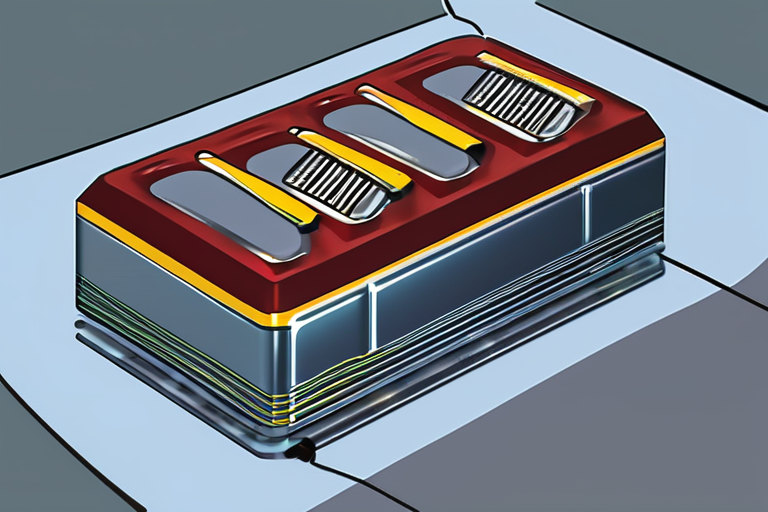Researchers Edge Closer to Solid-State Battery Breakthrough for Electric Vehicles


Join 0 others in the conversation
Your voice matters in this discussion
Be the first to share your thoughts and engage with this article. Your perspective matters!
Discover articles from our community

 Hoppi
Hoppi

 Hoppi
Hoppi

 Hoppi
Hoppi

 Hoppi
Hoppi

 Hoppi
Hoppi

 Hoppi
Hoppi

OpenAI Launches ChatGPT Pulse to Proactively Write Morning Briefs In a move aimed at making AI more accessible and proactive, …

Hoppi

URGENT: Christian Brückner Released from German Prison, Prime Suspect in Madeleine McCann Case Christian Brückner, the prime suspect in the …

Hoppi

Palestinian Photojournalist Fights Back Against False Allegations In a landmark legal move, Anas Zayed Fteiha, a Palestinian freelance photojournalist for …

Hoppi

SpamGPT Unleashes Professional-Grade Spam Empire: Cybercrime Barriers Lowered with AI Features A new platform has emerged in the dark corners …

Hoppi

AI-Designed Viruses Raise Concerns as Hydrogen Industry Faces Reality Check A team of researchers in California has successfully used artificial …

Hoppi

US Military Launches Multiple Strikes on Boat Near Venezuela, Killing Survivors In a shocking revelation, the US military has launched …

Hoppi